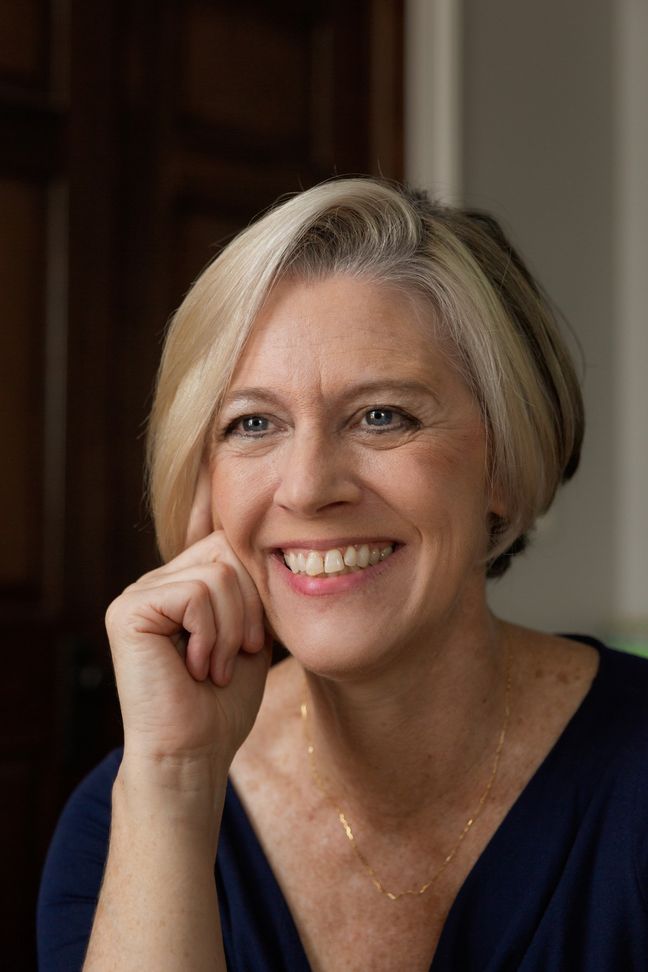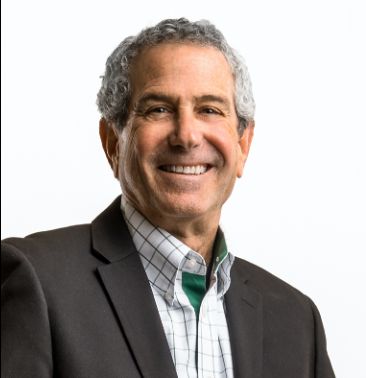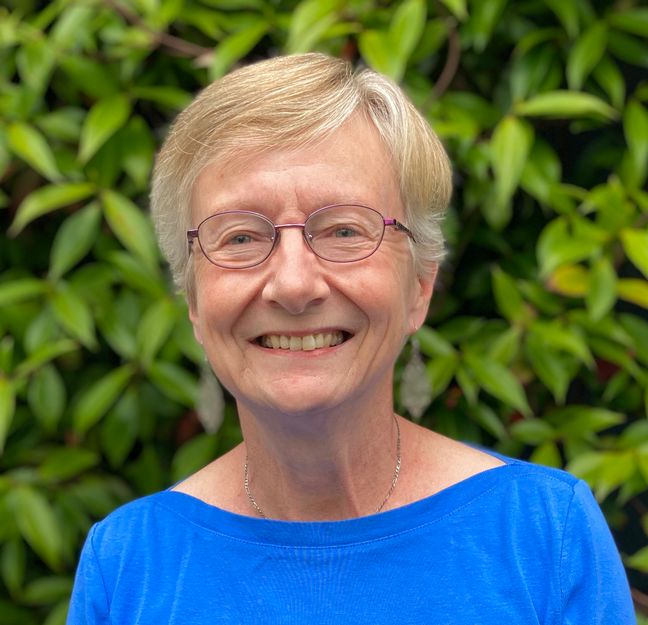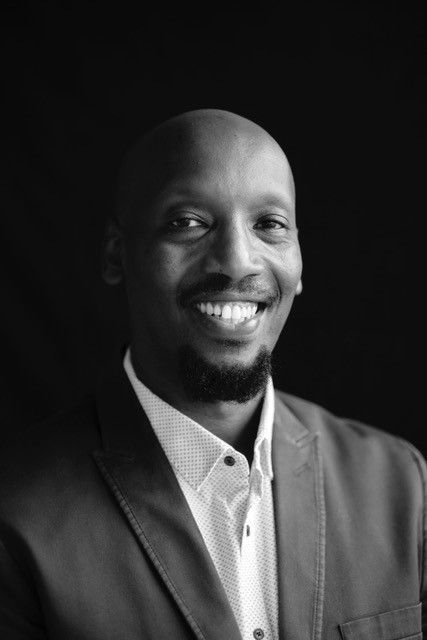Speakers

Dr. Theresa Brown
Best-Selling Author

Dr. Ira Byock
Institute for Human Caring at Providence

Dr. Eric Fiat (Manque photo)
Université Gustave Eiffel

Dr. Romayne Gallagher
Providence Health Care

Dr. Nathan Goldstein
Gerald J. and Dorothy R. Friedman Chair in Palliative Care, Mount Sinai

Dr. Mary Ellen MacDonald (MAnque photo)
McGill University Health Centre

Dr. Paige Moorhouse (manque photo)
Division of Geriatric Medicine, Dalhousie University

Dr. Christian Ntizimira
African Center for Research on End-of-Life Care (ACREOL), Rwanda

Prof. Jamie Penner
College of Nursing, Rady Faculty of Health Sciences, University of Manitoba

Dr. Elizabeth Peter (Manque la bio)
Professor, Lawrence S. Bloomberg Faculty of Nursing, University of Toronto

Dr. José Pereira (Manque photo)
Palliative Care Physician, Scientific Officer, Pallium Canada

Ms. Holly Prince (manque bio)
Centre for Education and Research on Aging & Health, Lakehead University, Thunder Bay

Dr. Sunita Puri (manque bio)
Palliative Medicine & Supportive Care, Keck Hospital of USC, Los Angeles

Dr. Hsien Seow
McMaster University (manque photo)

Dr. Kelli Stajduhar (Manque Bio)
Institute on Aging & Lifelong Health, University of Victoria

Dr. Anna Towers (Manque Bio)
Associate Professor, Dept of Oncology, McGill University

Dr. Hélène Viennet
DU soins palliatifs faculté de médecine Sorbonne Université

Prof. Kim Widger (manque bio)
Lawrence S. Bloomberg Faculty of Nursing, University of Toronto